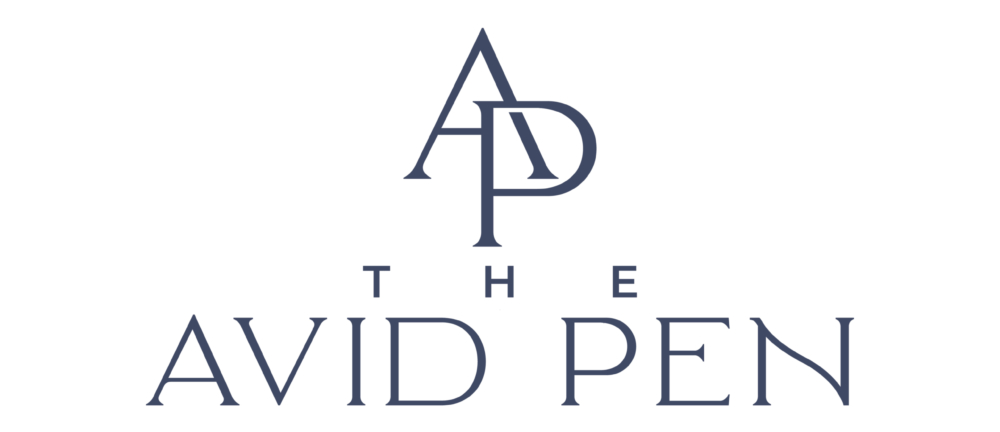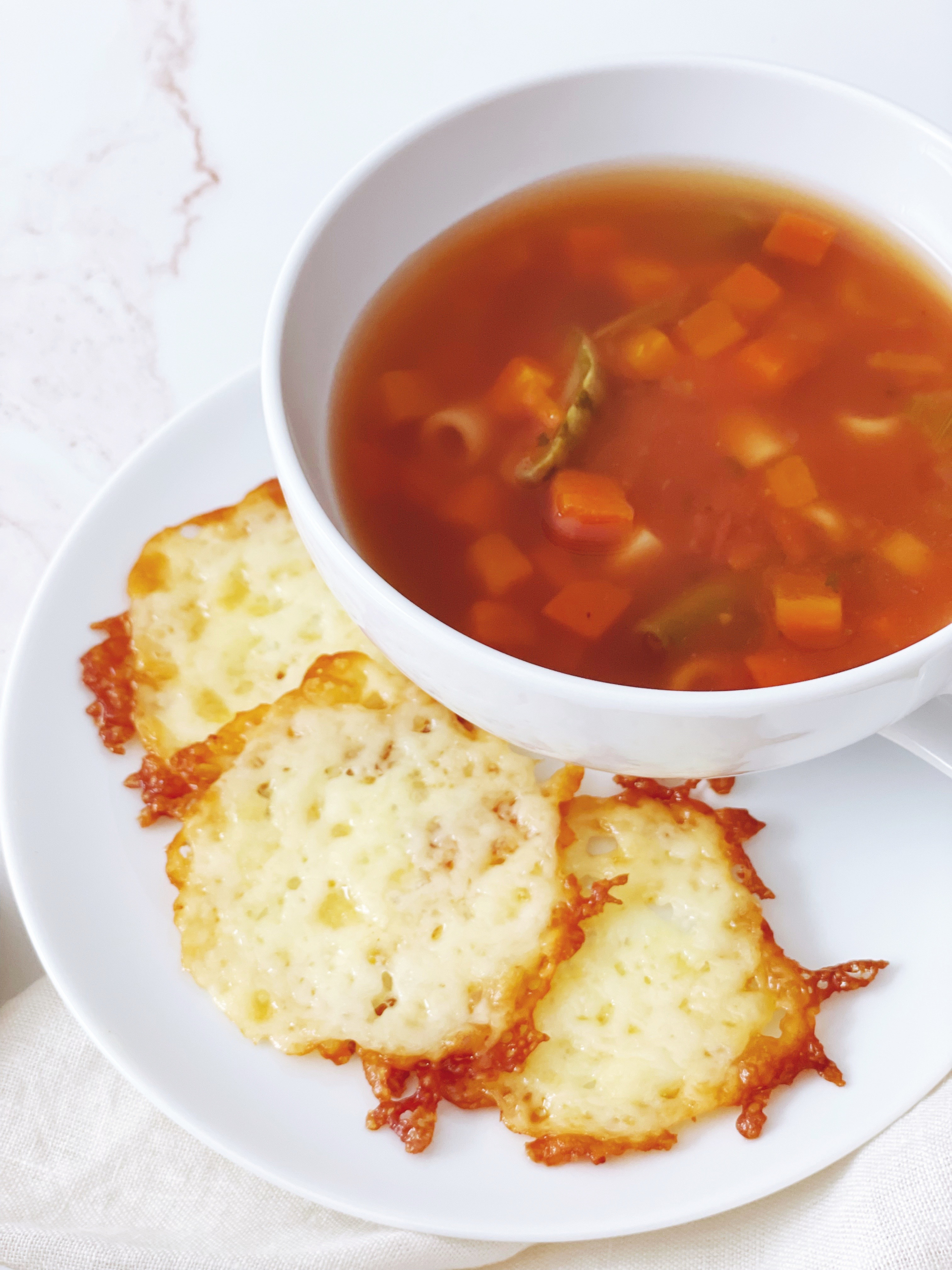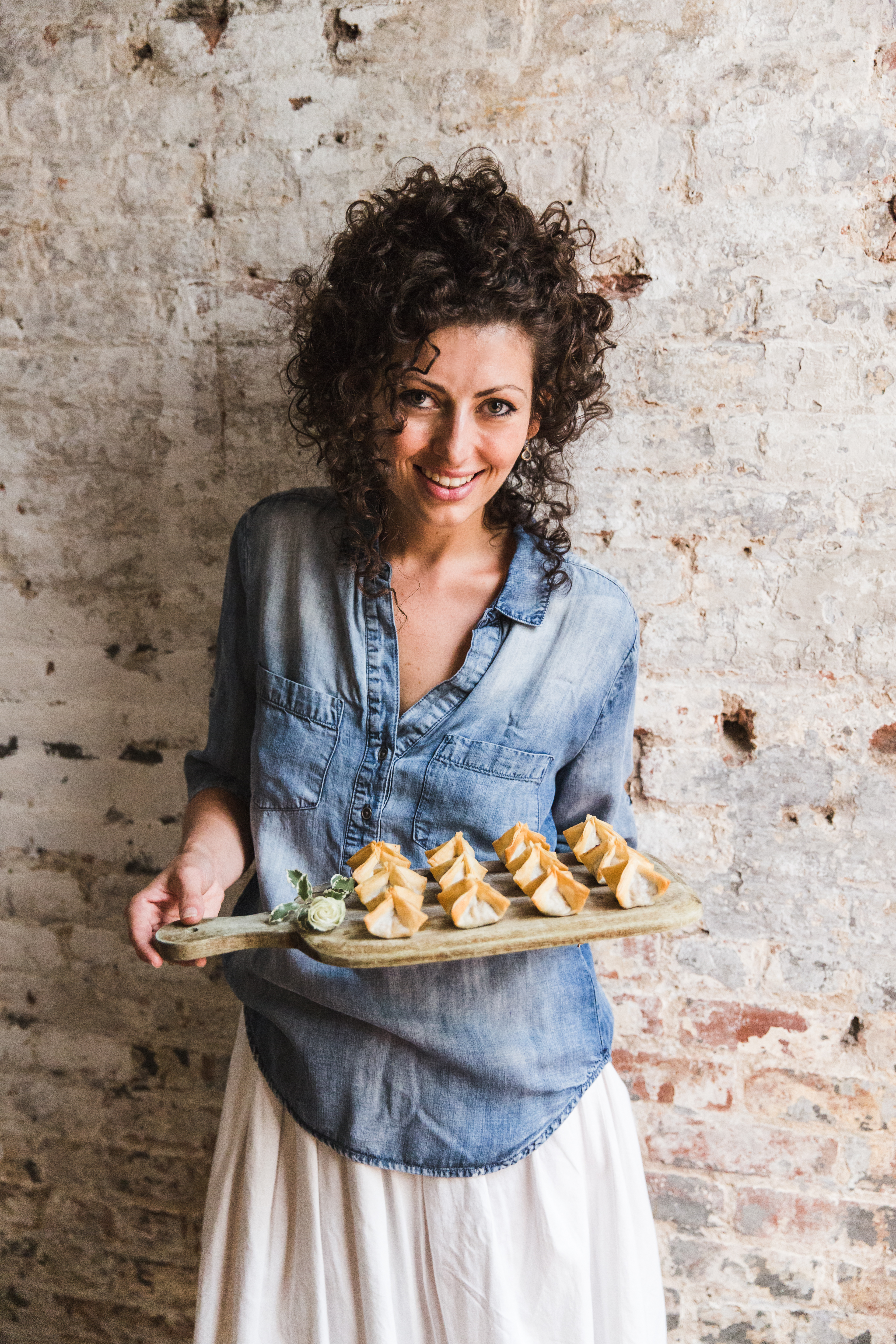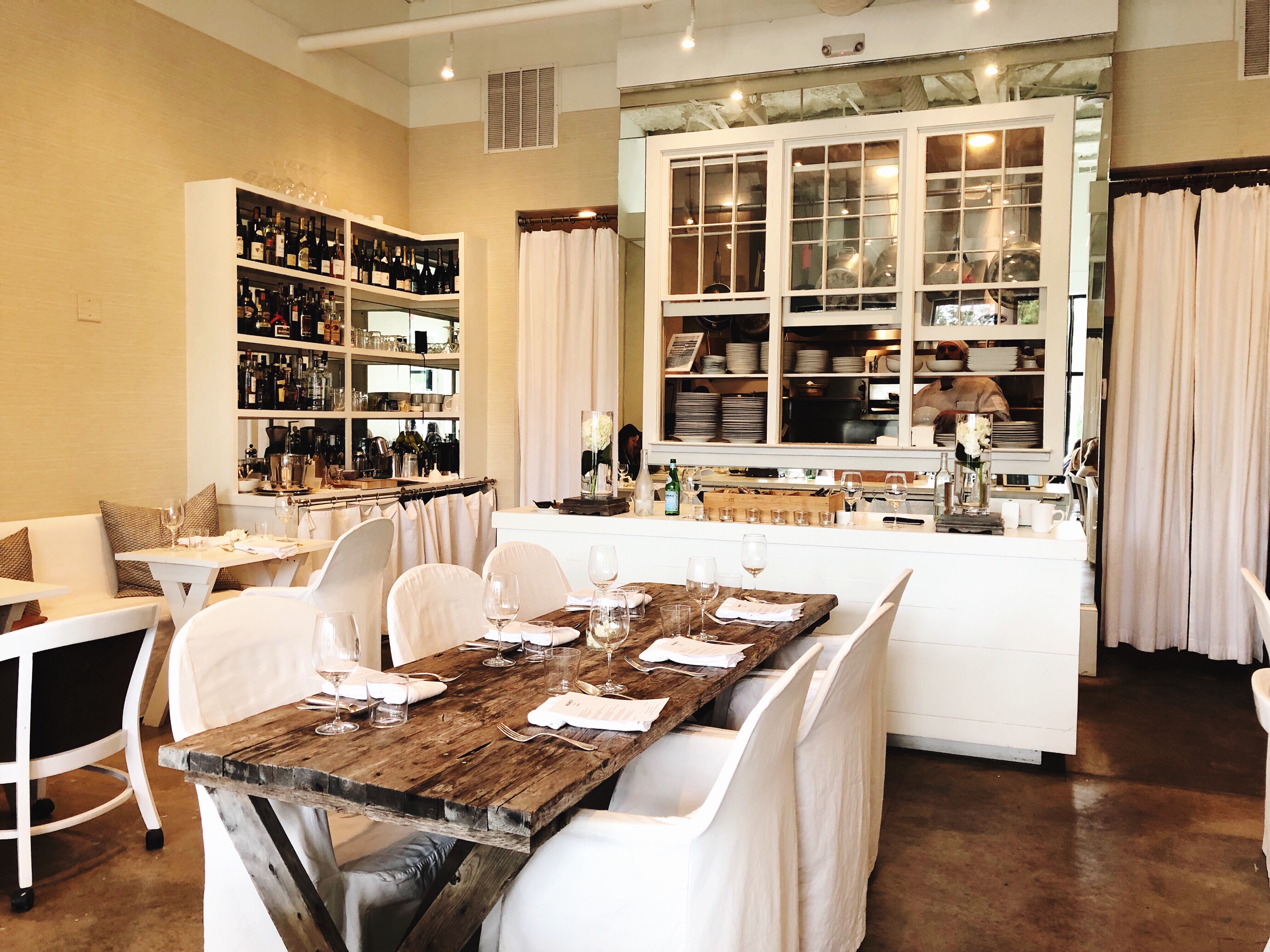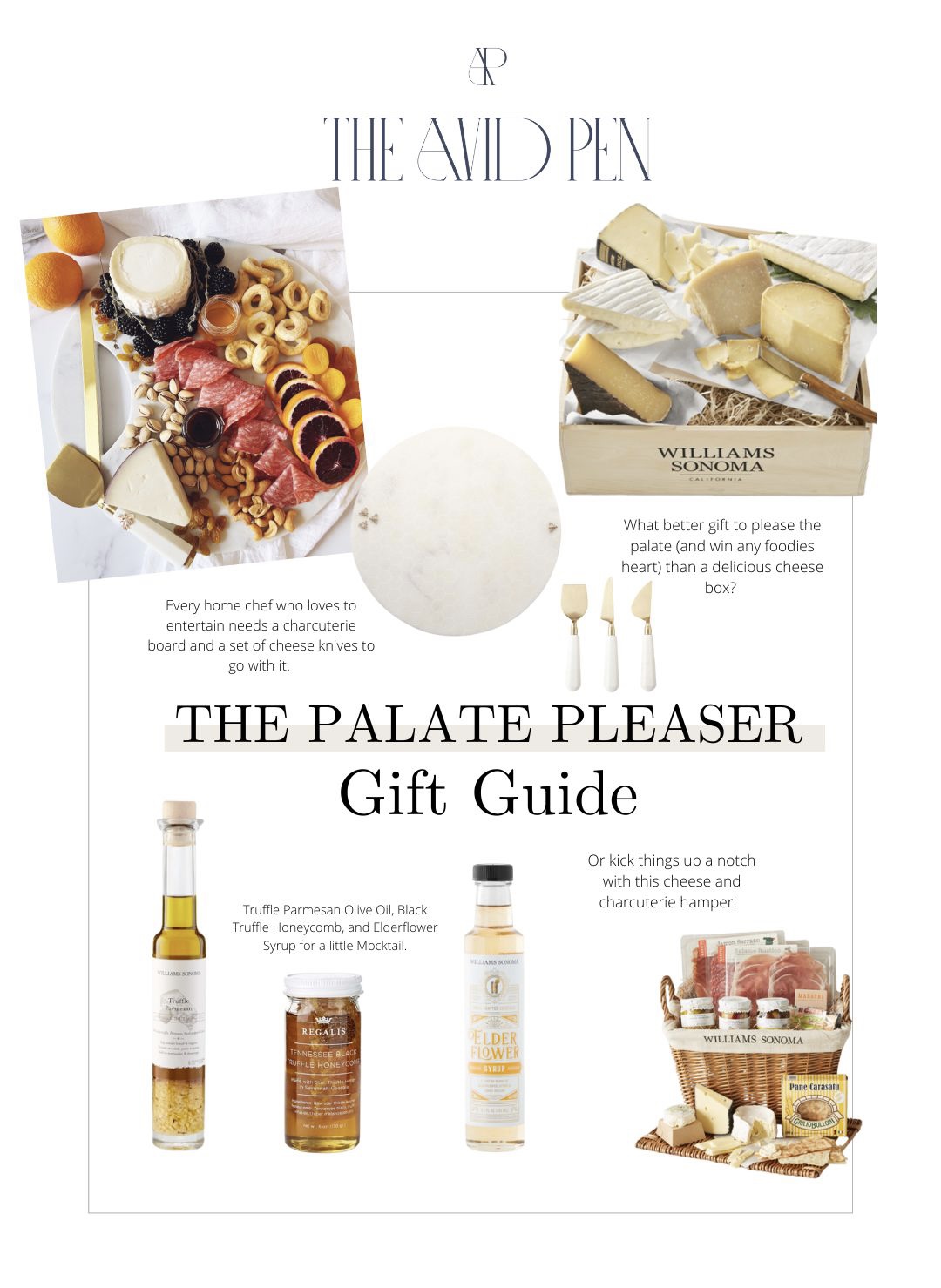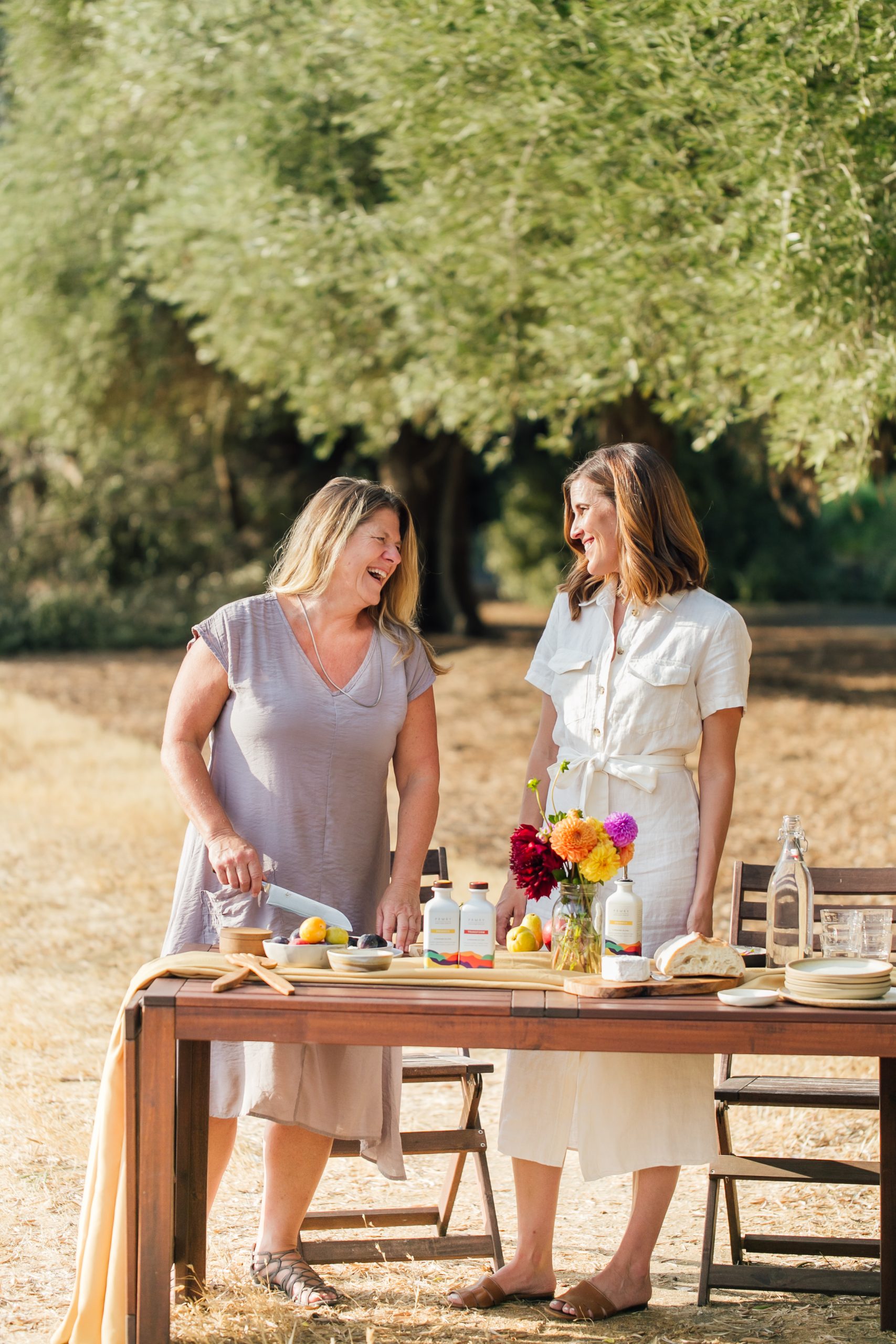
Janell Pekkain and Erin Ridley
The founders of PRMRY have taken the guesswork out of deciding which olive oil to use with your favorite dishes. The brand currently features two signature varieties, ENHANCE and TRANSFORM with flavors that add the final finishing touches to your dish, dessert or even your morning slice of toast!
In this interview I had the chance to catch up with Erin Ridley, co-founder of PRMRY who discovered her love of olive oil in Andalusia, the epicenter of the world of olive oil. Through our chat you will see Erin’s passion for the world of olive oil come through as she shares about running an olive oil brand, the process of creating olive oils, as well as an inside look at what it’s like to be on a Applied Sensory olive oil panel where the most discerning palettes determine the quality of each olive oil they consume.
When did you first become interested in olive oil?
Having lived a decade in Spain, and having married a Spaniard, olive oil has become an inevitable part of my culinary world. I remember the first time I went down to Andalucía (the world’s olive oil epicenter) and my husband prepared me a breakfast of pan con tomate (toast with tomato and olive oil) — it was eye-opening, and soon became a breakfast mainstay for me (I seriously have toast with olive oil every single day, and I look forward to it every morning!).
After my early days in Spain, I began to get more deeply involved with olive oil, particularly when I did a brief stint working for a short-lived olive oil start-up in Madrid. Then, a couple years later, I decided that I wanted to study wine, but, since I was pregnant at the time, I decided to sign up for an olive oil program instead. From there, I began to write about olive oil news for Olive Oil Times (a real thing, I swear!), which allowed me an even deeper knowledge of extra virgin, and also helped me to get more connected with the industry, both in Spain and here in California.
Is there a story behind the brand name?
Ultimately PRMRY is all about going back to the basics — the foundation, the ingredients, the colors! — from which you can create all things. The word “primary,” with just its fundamental letters — PRMRY — speaks to the essentials, and PRMRY’s colors and hills are a nod to this sentiment, as well as to the city, San Francisco, that is at the heart and soul of our creation.
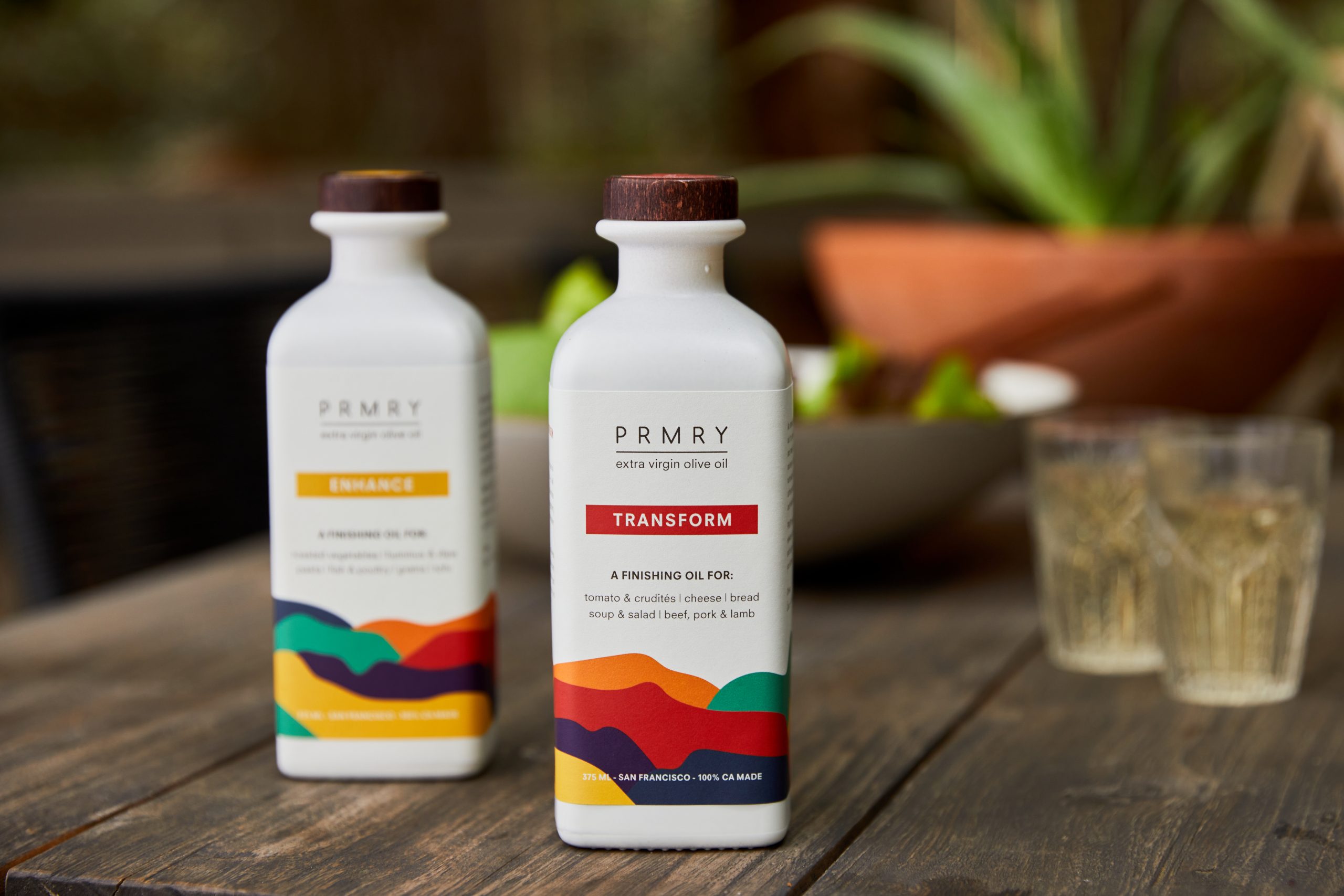
You met Janell (co-founder of PRMRY) at her shop Olive This Olive That. How long after that meeting did you decide to lunch PRMRY?
Janell and I met in late 2015, while I still lived in Madrid. Incidentally, she had planned to visit Madrid just a couple weeks after we met, so our friendship quickly grew despite the distance. We didn’t start PRMRY until just this last year — so five years later.
What sets PRMRY’s olive oils apart from others currently available on the market?
A few things:
1) We are professional tasters so we have really high and precise standards when it comes to olive oil’s quality.
2) We want to make olive oil easier to choose, use and enjoy. For so many, olive oil is just another pantry item, and one that is bought simply because it says “extra virgin.” We believe that it is so much more than that, so our goal is to really bring people inside of the (beautiful 😉 bottle so that they may more easily appreciate its nuances and how to use it, never mind its incredible health benefits!
3) We genuinely care about the success of high-quality olive oil and our fellow producers. We don’t have a monopoly on amazing EVOO — there’s a lot of good stuff out there. Our true objective is to increase people’s awareness of what legitimately good olive oil should taste like, and therefore increase demand for this kind of oil, and ultimately make it possible for those of us — all of us — that really care about it to be able to produce more of it. Just like wine, we believe people should have different olive oils for different uses and dishes, and there’s plenty of room in the cellar — er pantry — for different kinds. Similarly, if you’re willing to drop $30+ on a bottle of wine you’ll drink in a night, why not do the same for some high-quality EVOO that you’ll use over the course of a month or more? I’m being very cheeky, I know, but also, really, why not? 😉
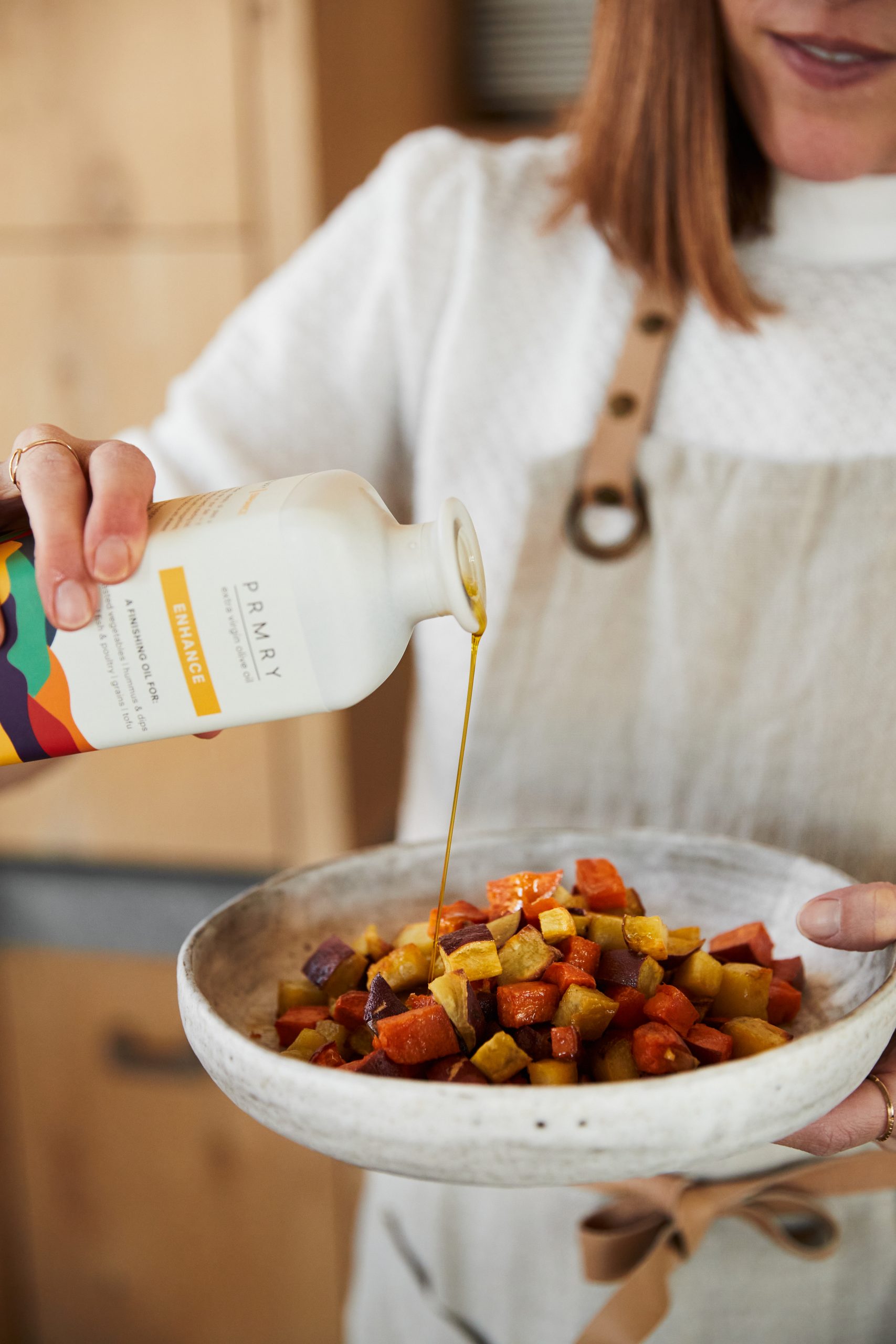
You are part of the Applied Sensory olive oil taste panel and you’re certified in both olive oil and wine. Tell me a bit about the process of getting those certifications.
When I lived in Madrid, I set out to study wine but of course couldn’t due to the whole baby thing. So I first decided to go down the olive oil path, studying and getting certified at the Escuela Española de Cata (The Spanish School of Tasting), where I was able to learn from some of the country’s (and really the world’s) leading experts in olive oil. I also form part of the Applied Sensory taste panel (Janell is a member of the California Olive Oil Council panel), where, as a group, we blindly taste olive oils to determine whether they are extra virgin (to be considered extra virgin, olive oil must past both a chemical test and a sensory test — and that’s where we come in). As a group, we must calibrate with one another, as well as with panels around the world in order to be considered a certified panel. This means that our palates are extremely precise — both in terms of detecting defects as well as quality. I credit my expertise in olive oil to the fact that I very regularly taste many and varied olive oils, and that I must fine tune against other tasters. When I taste on my panel, I can literally see (numerically) where my tasting abilities rank, and thus where I need to modify. It’s quite fascinating.
As for wine, I also slipped that in while I was in Spain — but after having the boys. I ended up obtaining WSET level 3 certification, which, I must say, is not for the faint of heart (possibly the hardest test I’ve ever taken, and I love tests — is that weird?). It’s a great program if you’re not necessarily interested in serving wine but would really like to go deep on theory (grape growing, wine making, etc), tasting, and the ability to assess a wine’s quality and aging potential. My recommendation: start with level 2 first!
PRMRY features two olive oils Enhance and Transform which work as finishing oils for a variety of dishes. What are some of your all time favorite dishes to create featuring each of your olive oil varieties?
I love olive oil SO much, and I think it shines most when just using a few ingredients. My daily go-to is always my olive oil toast — I switch between Enhance and Transform depending on my mood. I also love to finish roasted fish or vegetables with Enhance, or any meat with Transform– with one simple drizzle, you can add so much personality and dimension to otherwise simple dishes. Enhance on pasta or rice with freshly grated parmesan is such an easy, comforting and satisfying dish.
But I think the best pairings are often the most surprising ones: Enhance on an oyster with a bit of lemon juice, or Transform on vanilla ice cream with sea salt — olive oil on anything sweet always seems mind blowing (cake, cookies, chocolate, fruit — they all taste sooo amazing with olive oil!). Enhance or Transform on popcorn — add some Transform and harissa, and I promise plain popcorn will never be acceptable again!
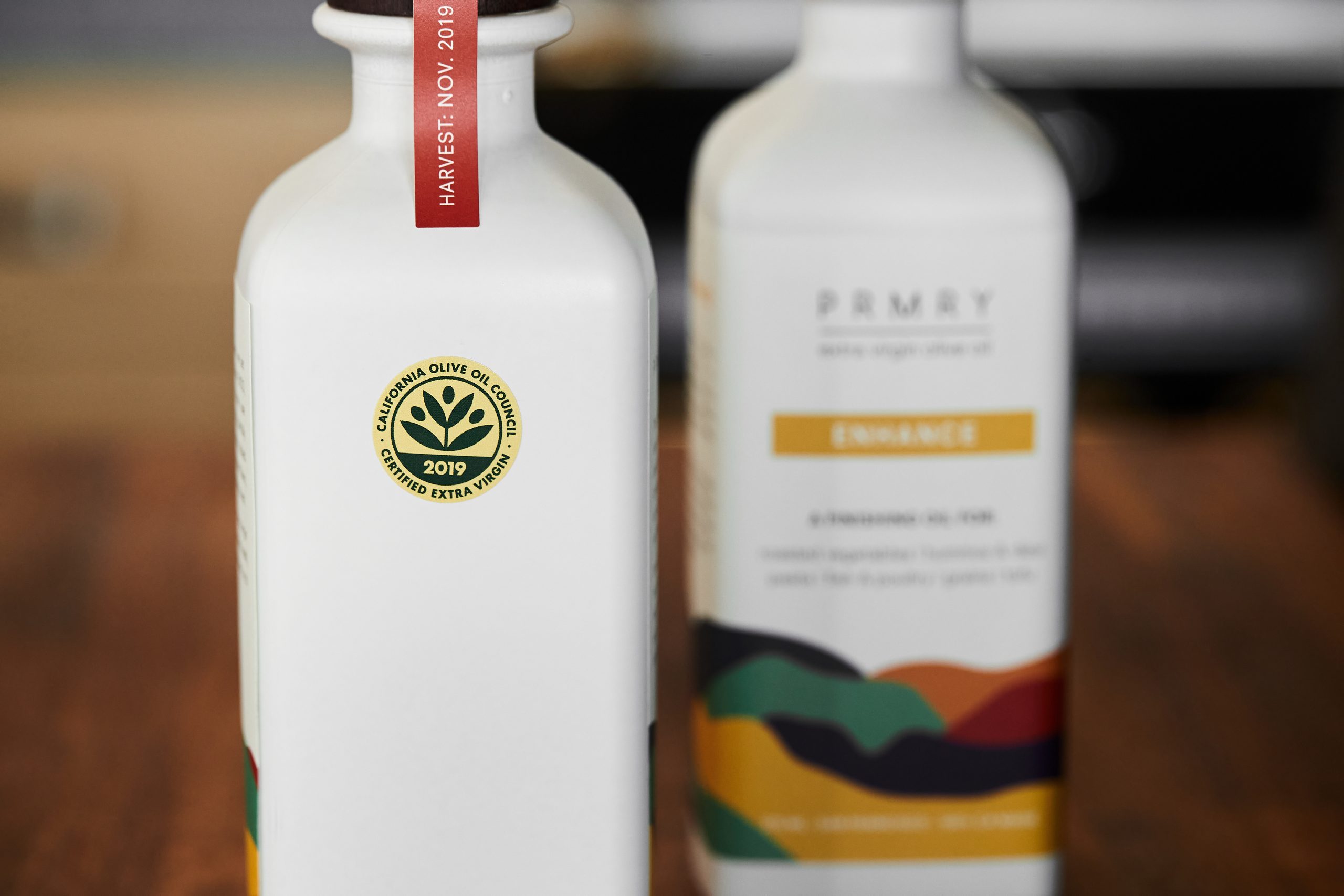
As a mom of two how do you find work/life balance between running a brand and raising two children?
That is really the question of the year. We launched in late February 2020, only to go into lockdown a couple weeks later. I run the day to day at PRMRY, so to go from that to being a full-time mom and homeschooler was BANANAS. Thankfully, my family has podded up with another family and this has helped to take a lot of the load off while we weather the Covid storm. In general, though, I think the most important thing for me is to make sure that I don’t take on the bulk of childrearing and household tasks just because I’m female. To do that, I often raise my hand in an effort to make parenting more manageable and equitable.
PRMRY was featured in Sunset’s 10 Small Businesses to Support This Holiday Season. How did you feel when you found out that you’d been featured?
Overjoyed and grateful! Given how this year has gone, I was really clinging to the hope that the holidays would give us some sort of bump. And they certainly did! The Sunset mention not only increased our sales, but it has been a massive morale boost for me after a long year of doing my best every day to put one foot in front of the other.
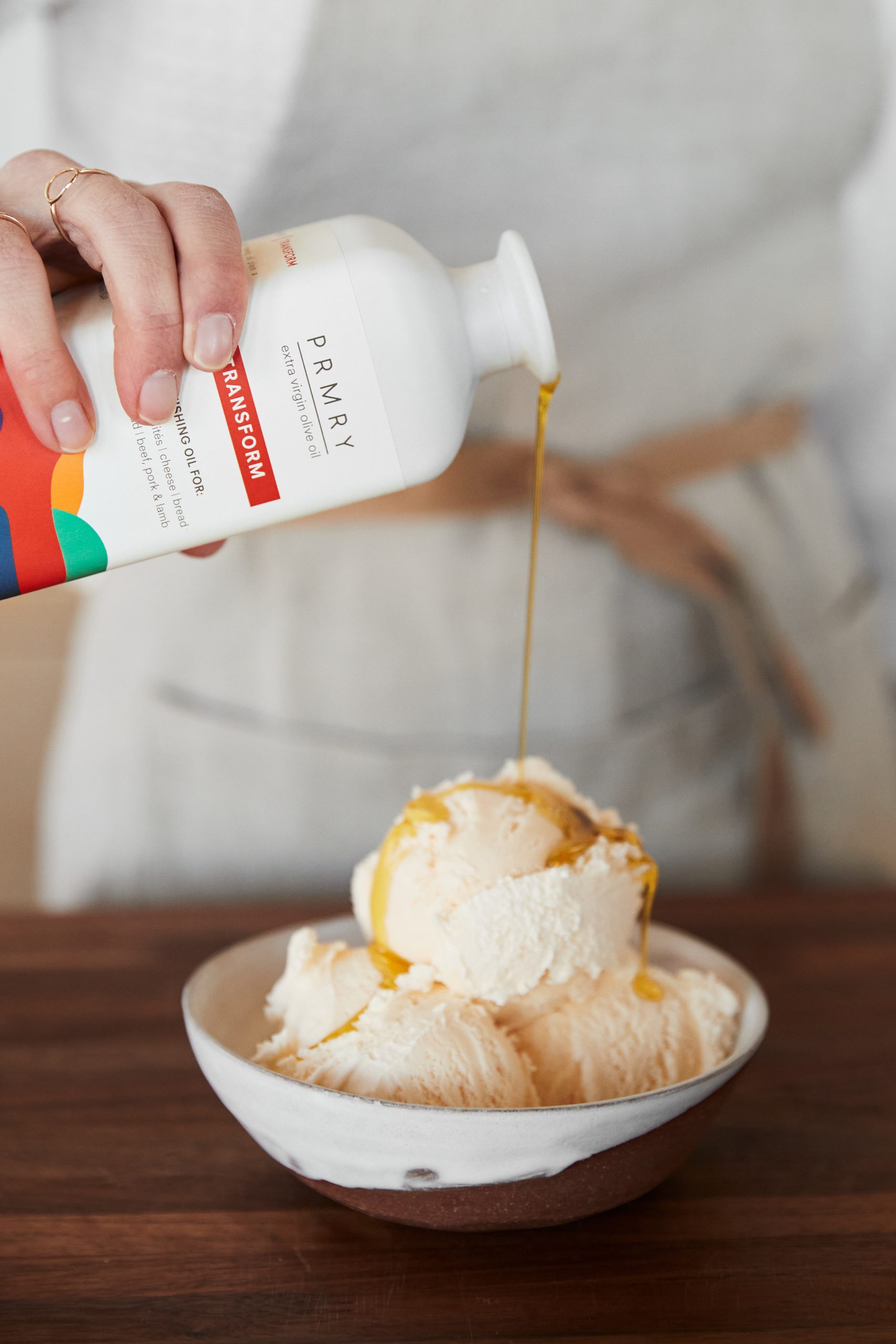
Do you plan to release additional olive oil varieties in 2021?
We do, but not because we’re adding another olive oil. We very intentionally don’t sell our olive oils based on variety because the vast majority of people don’t know what to expect from a specific variety much less how it will impact their food. So for us it was very important to categorize our olive oils based on what they do and how to use them — all in hopes that it would help people better understand and appreciate what’s inside the bottle.
Your olives are sourced from a single estate in Northern California’s Capay Valley. How closely do you work with the farmers who harvest and mill the olives for your olive oils?
Our first year’s olives were indeed sourced from a single estate. We worked quite closely with the farmer — working with the farm prior to harvest, and then we were there for harvest and milling. We learned, however, that we wanted to have complete control over milling, so this year we not only sourced from other locations (a necessity given that this year has been one of those low-producing years), but also put our focus on working closely with our miller. This means we had to work a bit differently, but it also has given us more control over the olive oil’s quality.
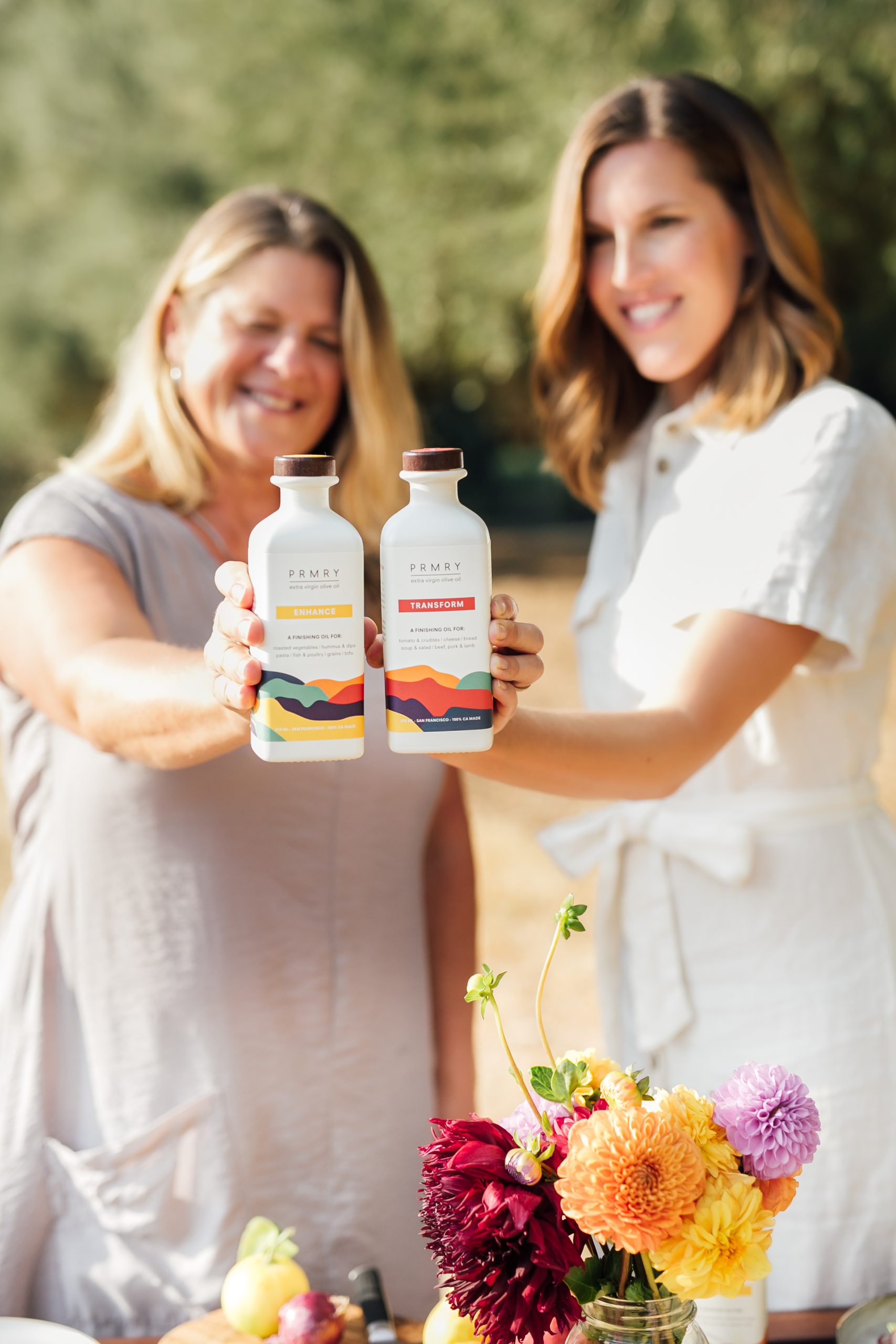
What is the most important part in maintaining a successful working relationship with the farmers?
Producing olive oil requires the coming together of four things: 1) olives, which, as I mentioned before, have varying harvests (typically, one year is a big year, the next isn’t — the harvests alternate years), 2) timing of when the olives are ready to be picked, 3) labor being available to harvest the olives, and 4) a (quality) mill that is able to take the olives. Stars must align for all four of these things to happen (also why being a small producer is so challenging!).
So, during the year, our goal has been to maintain a conversation with all of our farmer friends to see how things are going with their crops. But then comes the aforementioned alignment! During our first year, it was total chaos, and we thankfully ended up with extremely good oil, but it was way too much of a gamble given our high standards (and, frankly, my fragile heart!).
As a result, this year, we stayed in touch with farmers, but we also decided to revolve our decisions around the milling — working with really good mills and a really good miller — because ultimately the milling is what will make or break the oil. And we are so glad that’s how we did it this time around!

